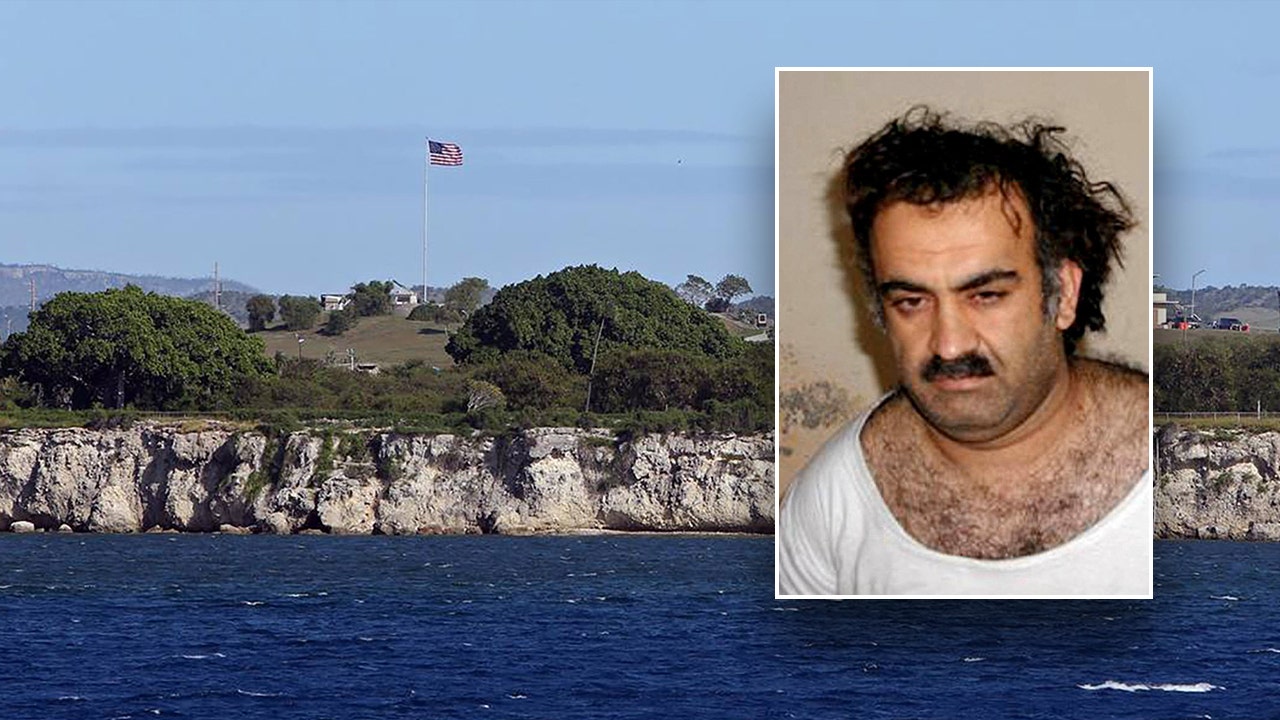The FBI and Defense Department are investigating what could be a significant intelligence breach, disclosing what appears to be classified information about Israel’s plans to strike Iran, U.S. officials said Monday.
Here's what we know so far:
Two leaked documents seem to divulge US analysis on Israel's plans against Iran
Earlier this month, Israel vowed to retaliate against Iran for its Oct. 1 missile attack, when Iran launched 200 missiles at various targets inside Israel. It wasn't clear, however, how or when Israel would respond.
Amid speculation on Israel's next move, two documents marked "top secret" surfaced on social media last week that purported to show analysis by the U.S. military on Israeli operations.
One document purports to be from the National Geospatial-Intelligence Agency (NGA), a military agency that collects, analyzes and distributes intelligence gleaned from satellite and aerial imagery. The second claims to contain intelligence generated by the National Security Agency. (NSA).
ABC News is not quoting directly from or showing the documents, which appear to detail movement of Israeli military equipment and munitions that could be used in a potential strike.
One of the documents claimed Israel could strike Iran without the U.S. seeing any further visual clues from above.
According to one person familiar with the investigation, the FBI was investigating the leak as part of a criminal probe. The White House said Monday the Defense Department was also investigating the disclosure and that officials have discussed the suspected breach with Israel.
"We're deeply concerned, and the president remains deeply concerned about any leakage of classified information into the public domain. That is not supposed to happen, and it's unacceptable when it does, so he's deeply concerned about that," White House national security spokesperson John Kirby told reporters on Monday.
Kirby said there is no indication more documents could be released, but "we're certainly going to keep our antenna up and our eyes open for any potential future disclosures."
When asked Monday about the leak, Defense Secretary Lloyd Austin declined to talk specifics other than to say "we take these types of things very seriously. Very, very seriously."

Defense Secretary Lloyd Austin delivers a speech at the Diplomatic Academy, amid Russia's attack on Ukraine, in Kyiv, Ukraine, Oct. 21, 2024.
Valentyn Ogirenko/Reuters
It's not clear yet if the documents were leaked by an insider or stolen by a hacker
Both documents have markings indicating that, if authentic, they would have been shared with the so-called Five Eyes, the intelligence-sharing alliance made up of the United States, Australia, Canada, New Zealand and the United Kingdom.
The documents surfaced on a Telegram channel called Middle East Spectator, an anonymous blog that frequently publishes pro-Iran content. The channel's administrator told ABC News they obtained the documents through an acquaintance who received them from an unknown source. The administrator denied being affiliated with any government.
The documents have markings indicating that, if authentic, they would have been shared with the so-called Five Eyes, the intelligence-sharing alliance made up of the United States, Australia, Canada, New Zealand and the United Kingdom.
It's possible that a foreign entity such as the government of Iran stole the documents by hacking the systems of nations with access to the intelligence. But at least one official familiar with the investigation said the probe will focus aggressively on anyone who works for or with the U.S. government and had access to the material.
When asked about the possibility that the leak was done by an insider, Kirby declined to speculate.
"We'll let the investigation pursue its logical course there," Kirby said.

White House National Security Communications Adviser John Kirby talks to reporters in the Brady Press Briefing Room at the White House in Washington, DC, Sept. 18, 2024.
Chip Somodevilla/Getty Images
Earlier this year, Massachusetts Air National Guardsman Jack Teixeira pleaded guilty to six counts of willful retention and transmission of national defense information. According to prosecutors, Teixeira leaked information in a Discord chat room on the type of equipment the U.S. was sending Ukraine, troop movements in Ukraine and a plot by a foreign adversary to attack U.S. forces abroad.
What's next?
Lawmakers are likely to have serious questions about how another major public disclosure of classified information could happen again after the Teixeira case.
House Speaker Mike Johnson told CNN on Sunday that lawmakers were receiving a classified briefing.
Another question is whether the leak has forced Israel to adjust its military plans.
"If it is true that Israel's tactical plans to respond to Iran's attack on Oct. 1 have been leaked, it is a serious breach," said Mick Mulroy, an ABC News national security and defense contributor who served as the deputy assistant secretary of defense for the Middle East.
"Everyone that has access to this information has an obligation to keep it secure," Mulroy said. "The men and women of the IDF [Israel Defense Forces] that would carry out this mission could be compromised because of this, the future coordination between the U.S. and Israel could be challenged as well."
ABC News' Christopher Looft and Luke Barr contributed to this report.

 1 mese fa
9
1 mese fa
9















 English (US) ·
English (US) ·